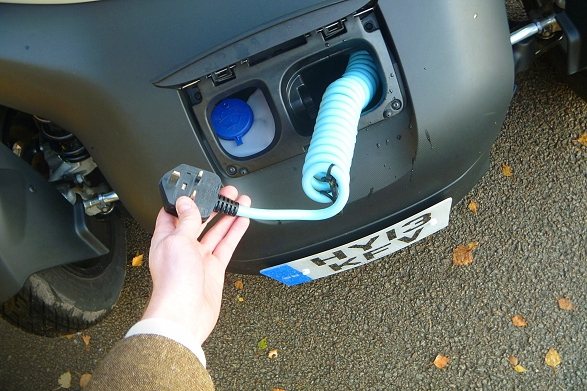Changes to the way the government subsidise electric cars could make it more costly to drive an electric vehicle than a traditional petrol one.
Until recently, support from the government was helping to build the infrastructure required for the UK to move towards an increased use of electric vehicles. Those subsidies came to an end in April and the Department for Transport will no longer cover costs for the installation of charging points.
Since the beginning of this year the sales of electric vehicles have doubled compared to the same period in 2014. Sales were looking very hopeful, mainly due to the belief that the fuel costs would be cheaper than those of fossil fuel motors. It is now looking increasingly likely that sales will slow dramatically as the real costs become clear.
Andrew Fenwick-Green is the marketing secretary of the Electric Vehicle Drivers Association, he drives a Nissan Leaf and says: "A gallon of diesel for most eco-diesels will cost you £6.30 and get you around 60 miles."
A 30-minute rapid charge in my Nissan Leaf would give you a range of 64 miles. So we're paying an extra £1.20 more to get the same mileage. It's madness... if the rapid chargers go up to £7.50 we're going to kill the market at a stroke".
Electric cars cost roughly £8,000 more than petrol equivalents but the government can offer a £5,000 grant to help buyers. Future customers will have to do their sums in order to decide whether the move is really worthwhile.
Click here to sign up for our monthly newsletter
| Popular news stories |
||||||
 |
 |
 |
 |
|||








